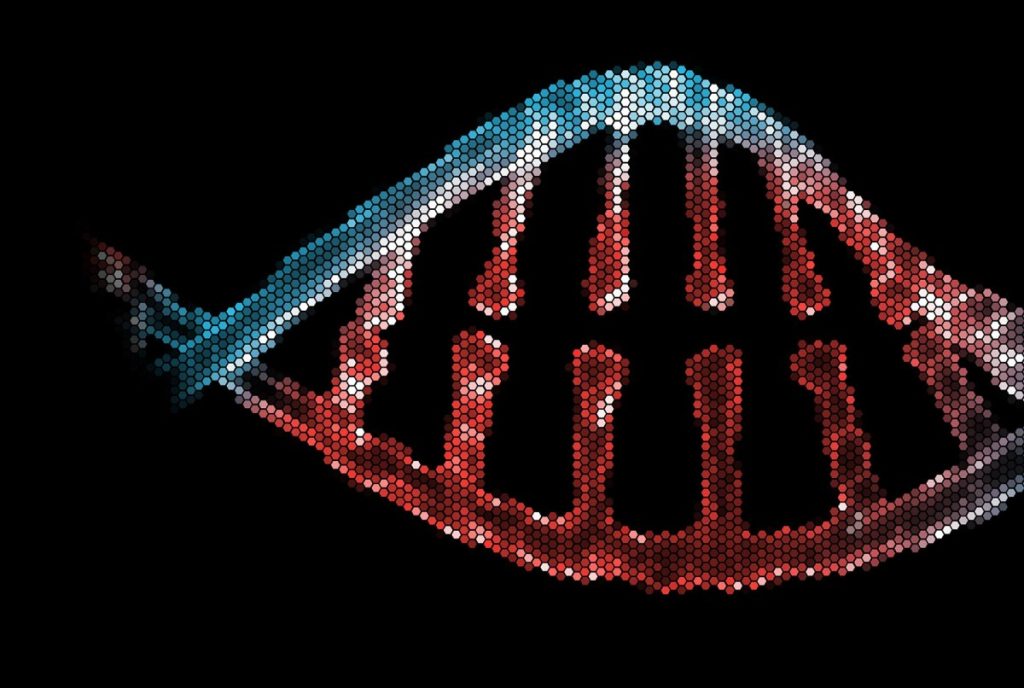Futurehouse, a non -profit organization supported by Eric Schmidt who aims to build a “artificial intelligence scientist” in the next decade, has released a new tool he claims can help support the “data -based” discovery in biology. The new tool comes only a week after Futurehouse launched its bees and its platform.
The tool, called Finch, takes the biology data (mainly in the form of research documents) and a prompt (for example “what can you tell me on the molecular drivers of the metastase of cancer?”) And performs the code before generating figures and inspecting the results. In a series of X posts, the co-founder and CEO of Futurehouse Sam Rodriques compared him with a “degree student in 1st year”.
“(B) Eing able to (do everything) in a few minutes is a superpower,” Rodriques wrote. “(Finch) Actually ends up finding really interesting things (…) for our projects internally, we found really fantastic.”
Futurehouse’s proposal, such as that of many, many startups and technological giants, is that one day Finguello and other artificial intelligence tools will automate the steps in the scientific process.
In an essay at the beginning of this year, the CEO of Opeeni Sam Altman said that “superintelligent” artificial intelligence tools could “welcome discovery and scientific innovation massively”. In the same way, the CEO of Anthropic, who this week launched a “Ai For Science” program, courageously foreseen that the IA could help formulate care for most tumors.
However, there are no evidence. Many researchers do not consider the IA today particularly useful in guiding the scientific process. Nicely, Futurehouse has yet to reach a scientific turning point or make a new discovery with its artificial intelligence tools.
Biology, in particular on the side of the discovery of drugs, is an attractive goal for artificial intelligence companies. The search for precedence estimates that the market was worth $ 65.88 billion in 2024 and could reach $ 160.31 billion by 2034.
Techcrunch event
Berkeley, ca.
|
June 5th
Book now
While there were some successes, the IA did not provide an immediate magical solution in the laboratory. Several companies that employ to the discovery of drugs, including Excientia and Benevol convenient, have undergone high -profile clinical study failures in recent years. In the meantime, the accuracy of the main artificial intelligence systems for the discovery of drugs, such as Alphafold 3 of Google Deepmind, tends to vary widely.
In the same way, Finch commits “foolish errors”, said Rodriques, which is why Futurehouse is recruiting bioinformatics and computational biologists to help evaluate its accuracy and reliability and train it while in closed beta.
Interested people can register here.



